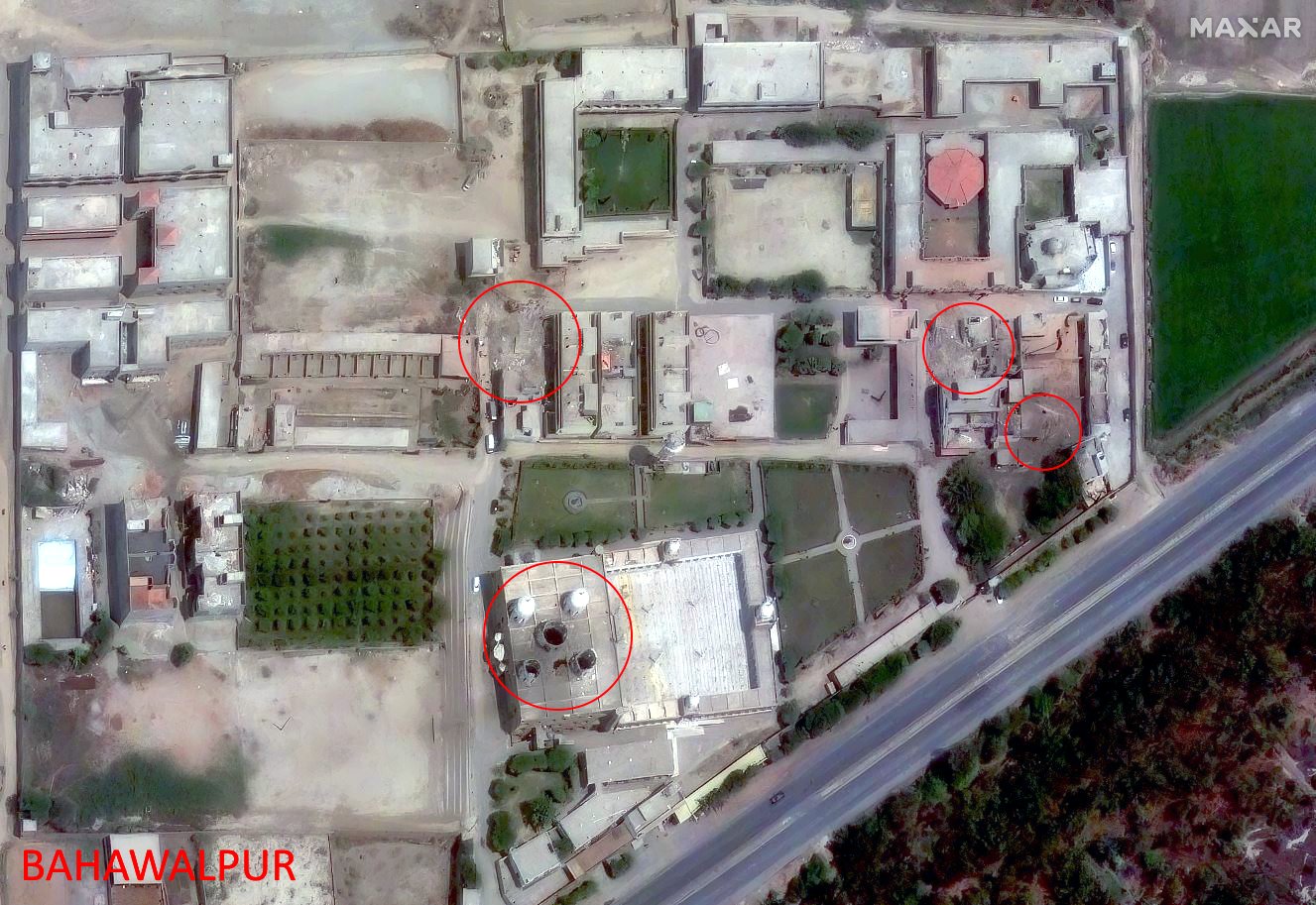Dear Express Reader Politics in a diverse country is sometimes about the written, at times about the unwritten, and often about what lies in between. Two events brought this home in the past week. Vice President Jagdeep Dhankhar made comments challenging the judiciary's authority to limit Parliament's power to amend India's written Constitution. And RSS chief Mohan Bhagwat gave a wide-ranging interview to the editors of RSS-affiliated publications, Organiser and Panchjanya, that inaugurated a new round of guessing games. The V-P is a constitutional office and non-political post. And yet Dhankhar's suggestion mirrors the perceived impatience in ruling party circles with the written rules of the game. There is a clear sense that the Modi government, having won decisive mandates in 2014 and 2019, chafes at the constraints on its power imposed by non-elected institutions, especially the judiciary, as part of the system of checks and balances written into the constitutional mosaic. V-P Dhankhar's attempt to paint a Legislature vs Judiciary battle on 'basic structure' - the Supreme Court invoked the basic structure ruling to strike down the constitutional amendment instituting the National Judicial Appointments Commission passed by Parliament - comes alongside Union Law Minister Kiren Rijiju's swipes at the judiciary on issues ranging from the collegium system to case management and judges' vacations. If the Rijiju-Dhankhar baiting of the court showcases the rising political pressures bearing down on the written constitutional framework, RSS Sarsanghchalak Bhagwat's rare interview and the controversies it touched off belong firmly in present-day politics' vast unwritten domain. There are few things as unwritten in our politics today as the RSS and the power it wields. Its chief seldom speaks in public - Bhagwat's interviews are few and far between, one every 6-8 months, and his public appearances are extremely selective. Even when he is seen and heard, his interventions come wrapped in deliberate ambiguities. His latest public outing has once again stoked questions that have no clear or definite answers. Should it be seen as part of the seeming opening-up, in line with the narrative of change, be it the tweak of uniform, the meeting with Muslim intellectuals, the admonition to Hindu zealots looking for a "shivling" under every mosque in the context of the Gyanvapi case last year, or the public lecture series in the national capital explaining the RSS world view, and even reading down Golwalkar, in 2018? Or is it the inevitable step backward, after what was projected as forward movement by the Sangh? On LGBTQ rights, the latest Bhagwat-speak did indicate a softening: "… we have found a way… to provide them (LGBTQ) social acceptance… they are also human beings having inalienable right to live", he said. But on the Hindu-Muslim question, his rhetoric rang harder, distinctly war-like: "… Hindu society has awakened. It is but natural for those at war to be aggressive… This war is not against an enemy without, but against an enemy within…" As powerful as it is, and as unaccountable as its power is, the RSS also faces pressures today - it has to find a language for a new time when it is the dominant, not an insurrectionary, force. A time when Hindu consolidation, having touched its high water mark, may need to be supplemented by strategic outreach across the dividing lines. The RSS must meet these challenges while dealing with a changed BJP under Narendra Modi. The Modi-led BJP is not as dependent on the RSS, and that has led to a reworking of equations between Bhagwat and Modi, Sangh and party. It is possible that the RSS chief's statements reflect both an acknowledgement of the need to speak to a different time, and also the imperative to make its presence felt in a milieu dominated by a BJP that is less beholden to it. What is clear is this: Inhabiting unwritten and unaccountable spaces allows the RSS to be enigmatic, while making riddle solvers of the rest of us. Of course, this interplay of written and unwritten, what is above the surface and what lies below, is not just a game. It has consequences. The attempt by V-P Dhankhar to question the "basic structure" that protects the written foundational principles from majoritarian whim or excess is as fraught with peril in a constitutional system, as the RSS's unwritten, subterranean power in a modern democracy is disquieting. Till next week, Vandita | 
No comments:
Post a Comment